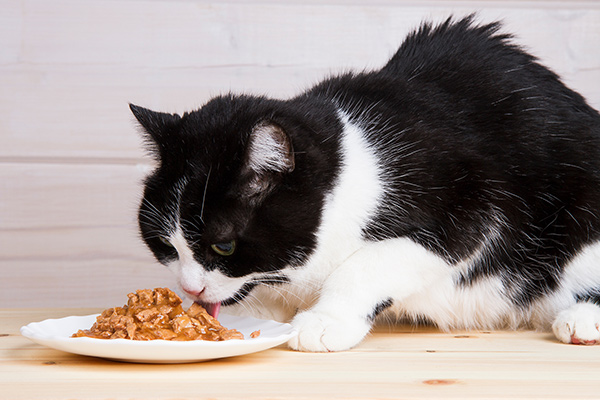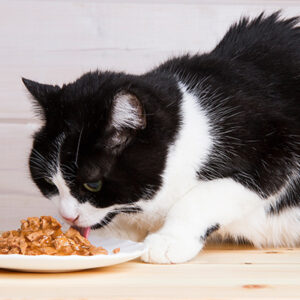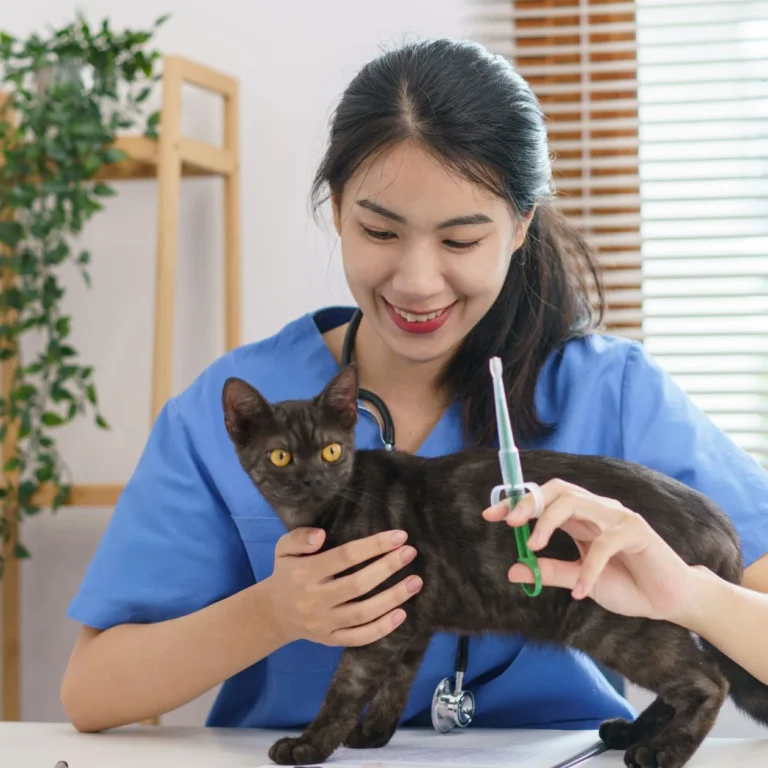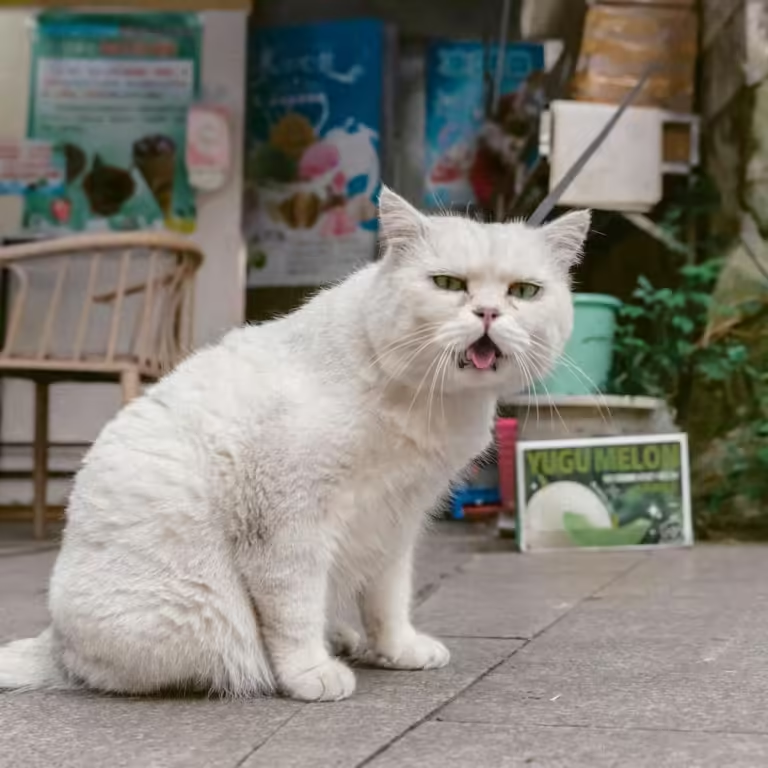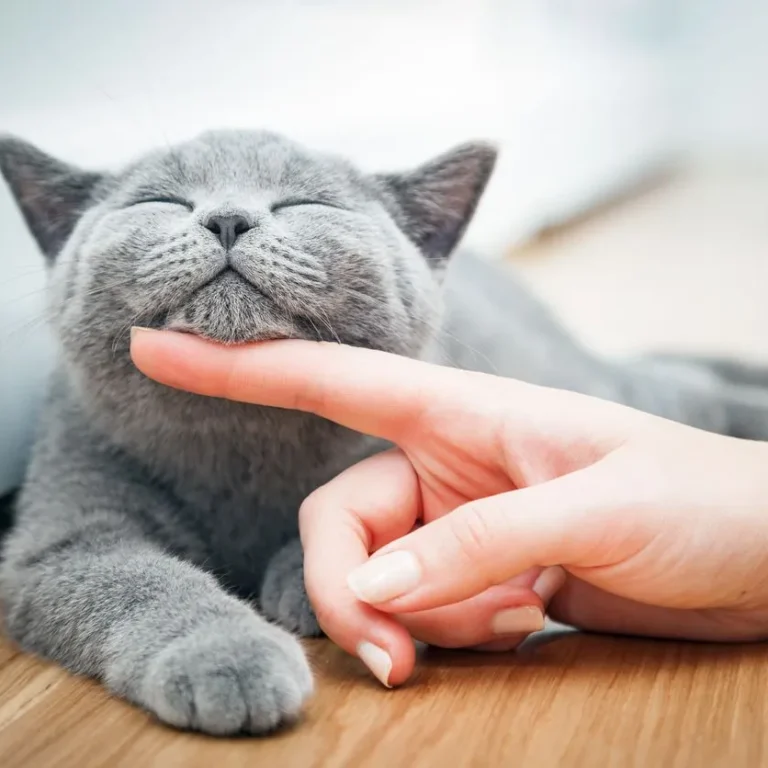Senior Cat Care: Medical Advice for 2024
As cats age, their needs change, and caring for senior cats requires special attention to maintain their health, comfort, and quality of life. By the time a cat reaches around 7-10 years of age, they are considered senior, and this stage of life brings unique challenges and rewards. In 2024, advancements in veterinary care, nutrition, and wellness practices have provided more tools and techniques to help senior cats live longer, healthier lives. In this article, we will discuss some of the best practices and health tips for caring for senior cats in 2024, ensuring that your older feline companion stays happy and healthy.
Understanding the Aging Process in Cats
The aging process in cats brings about many changes, both physical and behavioral. Senior cats may become less active, experience changes in their appetite, and become more susceptible to various health issues, such as arthritis, kidney disease, and dental problems. Understanding these changes is the first step in providing proper care. In 2024, more focus has been placed on recognizing the early signs of aging and addressing them proactively. Regular vet check-ups, preventive care, and adjustments to diet and lifestyle can make a significant difference in your senior cat’s quality of life.
Regular Veterinary Check-Ups
One of the most important aspects of caring for senior cats in 2024 is scheduling regular veterinary check-ups. As cats age, they are at higher risk for various health conditions, including diabetes, thyroid problems, and kidney disease. To catch these issues early, it is recommended to take your senior cat to the vet at least twice a year for a thorough examination. Routine blood tests, urinalysis, and dental check-ups help monitor your cat’s health and detect any potential problems before they become serious. Early detection is key to managing age-related conditions and ensuring your cat’s longevity.
Adjusting Your Cat’s Diet for Senior Needs
As cats age, their nutritional requirements change, and feeding them the right diet is essential for maintaining their health. In 2024, senior cat diets are tailored to address common age-related issues such as joint health, weight management, and kidney function. Many pet food brands now offer specially formulated senior cat food that includes lower calories, higher protein, and ingredients that support joint and digestive health. Omega-3 fatty acids, glucosamine, and chondroitin are popular supplements found in senior cat diets that help support mobility and reduce inflammation in aging joints. Wet food is also recommended for senior cats, as it provides hydration and is easier to chew for those with dental issues.
Maintaining a Healthy Weight
Keeping your senior cat at a healthy weight is crucial for their overall well-being. Obesity can exacerbate health problems such as arthritis, diabetes, and heart disease, while underweight cats may be suffering from underlying health issues like kidney disease or hyperthyroidism. In 2024, there are more tools available to help monitor and manage your cat’s weight, including portion-controlled feeders and nutritional supplements. Regular weigh-ins, either at home or during vet visits, can help you track your cat’s weight and make adjustments to their diet or exercise routine as needed. It’s important to consult with your vet about the ideal weight range for your senior cat and how to achieve it.
Dental Care for Older Cats
Dental health is a critical aspect of senior cat care that is often overlooked. In 2024, dental disease remains a common issue among older cats, leading to pain, difficulty eating, and even more severe health problems like infections. Regular dental check-ups and cleanings are essential to prevent tooth decay, gum disease, and other oral issues. Many senior cats require professional dental cleanings under anesthesia to remove plaque and tartar that cannot be addressed with home care alone. Additionally, brushing your cat’s teeth at home using cat-friendly toothpaste and a soft brush can help maintain their dental health between vet visits. Dental chews and water additives designed for cats are also popular in 2024, providing a convenient way to promote oral hygiene.
Managing Joint and Mobility Issues
Arthritis and joint pain are common in senior cats, affecting their mobility and comfort. In 2024, there are more options available for managing joint pain and helping older cats stay active. Glucosamine and chondroitin supplements are widely recommended for senior cats to support joint health and reduce inflammation. Additionally, pain management options such as acupuncture, laser therapy, and prescription medications have become more common in veterinary care. Providing a comfortable environment for your senior cat is also important—this can include placing ramps or steps near furniture to make climbing easier and ensuring that their litter box is easily accessible. Orthopedic beds designed for cats can also provide extra support for aging joints.
Encouraging Gentle Exercise
While senior cats may not be as playful or active as they were in their younger years, it’s still important to encourage gentle exercise to keep them physically and mentally stimulated. In 2024, there is an emphasis on keeping senior cats active in ways that are appropriate for their age and abilities. Interactive toys, puzzle feeders, and short play sessions can help keep your cat engaged without overexerting them. Regular, low-impact exercise can help maintain muscle tone, support joint health, and prevent weight gain. It’s also a great way to strengthen your bond with your senior cat and provide them with mental stimulation.
Creating a Senior-Friendly Environment
As cats age, they may have difficulty navigating their environment, especially if they experience vision or mobility issues. In 2024, many cat owners are adapting their homes to make them more senior-friendly. This includes providing easily accessible resting spots, using ramps or steps to help them reach their favorite high places, and ensuring that their litter box is easy to access. For cats with arthritis or mobility problems, a litter box with lower sides can make it easier for them to enter and exit without discomfort. Creating a calm and quiet space where your senior cat can rest is also important, as older cats may become more sensitive to noise and activity.
Monitoring Behavioral Changes
Senior cats may experience behavioral changes as they age, and it’s important to monitor these changes to ensure they are not related to underlying health issues. In 2024, there is more awareness of feline cognitive dysfunction, a condition similar to dementia in humans, which can affect older cats. Symptoms of cognitive dysfunction include disorientation, changes in sleep patterns, increased vocalization, and forgetting how to use the litter box. If you notice any of these signs, it’s important to consult with your vet, as there are treatments and supplements available that can help slow the progression of cognitive decline. Behavioral changes can also be a sign of pain, illness, or anxiety, so regular vet visits and close monitoring of your cat’s behavior are essential.
Hydration is Key
Hydration is often a challenge for senior cats, especially those with kidney disease or other health issues. In 2024, there is a focus on ensuring senior cats receive adequate hydration to support their overall health. Wet food is highly recommended for older cats, as it provides both nutrition and moisture. Additionally, water fountains designed for cats have become popular, as they encourage cats to drink more water by providing a continuous flow of fresh water. It’s also important to place water bowls in easily accessible locations throughout your home, especially if your cat has mobility issues.
Regular Grooming for Skin and Coat Health
As cats age, they may become less diligent about grooming themselves, which can lead to matting, dandruff, and other skin issues. Regular grooming is essential for senior cats, and in 2024, there are more tools available to make grooming easier for both you and your cat. Brushing your senior cat’s coat regularly helps remove loose hair, prevent matting, and stimulate circulation. If your cat has trouble grooming themselves, you may need to help clean sensitive areas, such as around their face and rear end. Grooming sessions also provide an opportunity to check for any changes in your cat’s skin, such as lumps, sores, or dry patches, which could indicate health problems that require veterinary attention.
Conclusion
Caring for senior cats in 2024 requires attention to their changing needs and a proactive approach to their health. By providing regular veterinary care, adjusting their diet, managing weight, and addressing joint and dental health, you can help your older cat live a comfortable and fulfilling life. Creating a senior-friendly environment, monitoring behavioral changes, and ensuring they stay hydrated are also important aspects of senior cat care. With the right care and attention, your senior cat can continue to enjoy their golden years with happiness, comfort, and vitality.

